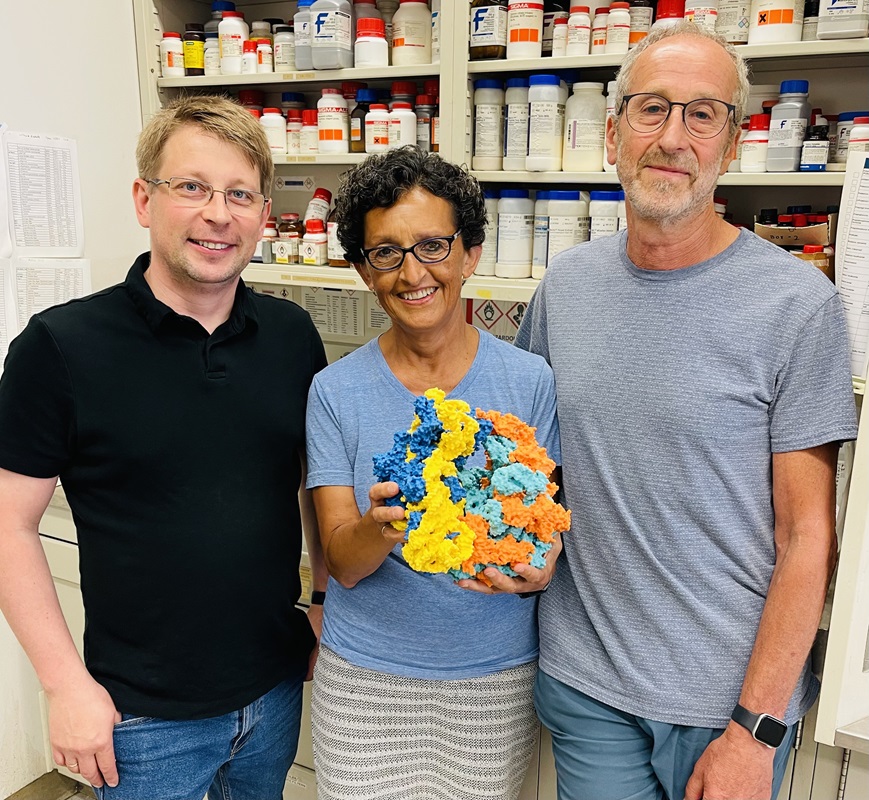"Informed AI News" is an publications aggregation platform, ensuring you only gain the most valuable information, to eliminate information asymmetry and break through the limits of information cocoons. Find out more >>
New Antibiotic Combats Superbugs by Hitting Dual Targets
- summary
- score

Bacteria evolve resistance to antibiotics, posing a significant problem. Researchers from the University of Illinois at Chicago (UIC) have discovered a solution. They have developed a new antibiotic that simultaneously targets two key areas within bacteria, making it nearly impossible for them to develop resistance.
This novel drug, MCX-128, combines elements of two existing types of antibiotics: macrolides and fluoroquinolones. Macrolides inhibit protein synthesis in bacteria, while fluoroquinolones interfere with DNA synthesis. MCX-128 performs both functions by tightly binding to bacterial ribosomes, which are essential for protein production. This dual-target approach renders bacteria virtually defenseless.
Alexander Mankin, one of the researchers, explains, "Bacteria cannot mutate to resist both targets at the same time." Yury Polikanov further adds, "The same concentration of the drug hits two targets, making it difficult for bacteria to counter."
The research team estimates that MCX-128 makes it a billion times more difficult for bacteria to evolve resistance. This could represent a significant breakthrough in combating superbugs. The study has been published in Nature Chemical Biology.
| Scores | Value | Explanation |
|---|---|---|
| Objectivity | 6 | Comprehensive reporting with in-depth analysis. |
| Social Impact | 5 | Significantly influences public opinion on antibiotic resistance. |
| Credibility | 5 | Solid evidence from authoritative sources. |
| Potential | 6 | Almost inevitably leads to significant changes in fighting superbugs. |
| Practicality | 5 | Extremely practical, widely applicable. |
| Entertainment Value | 2 | Slightly monotonous but includes informative elements. |